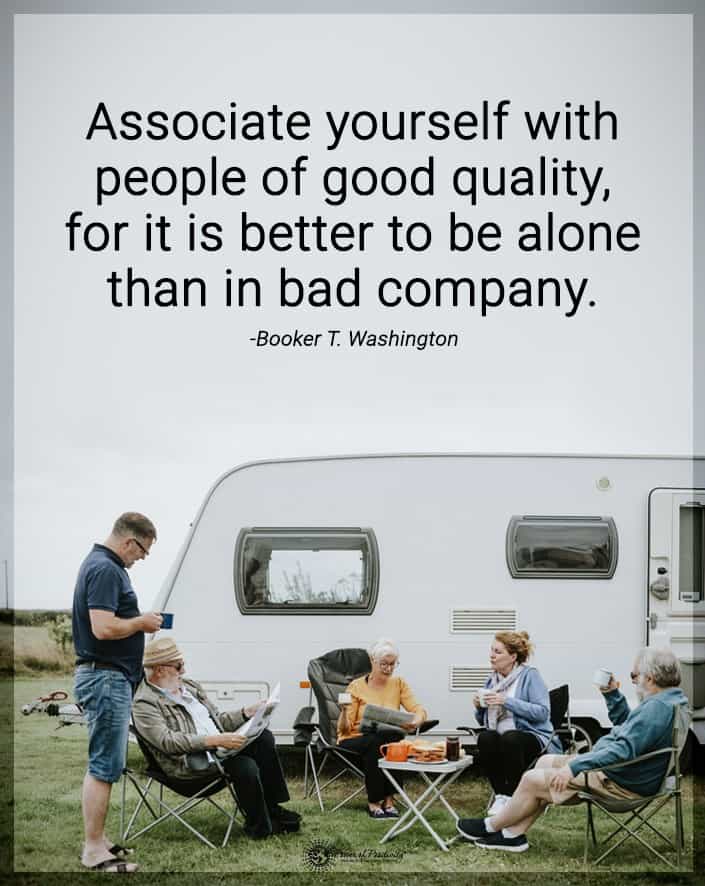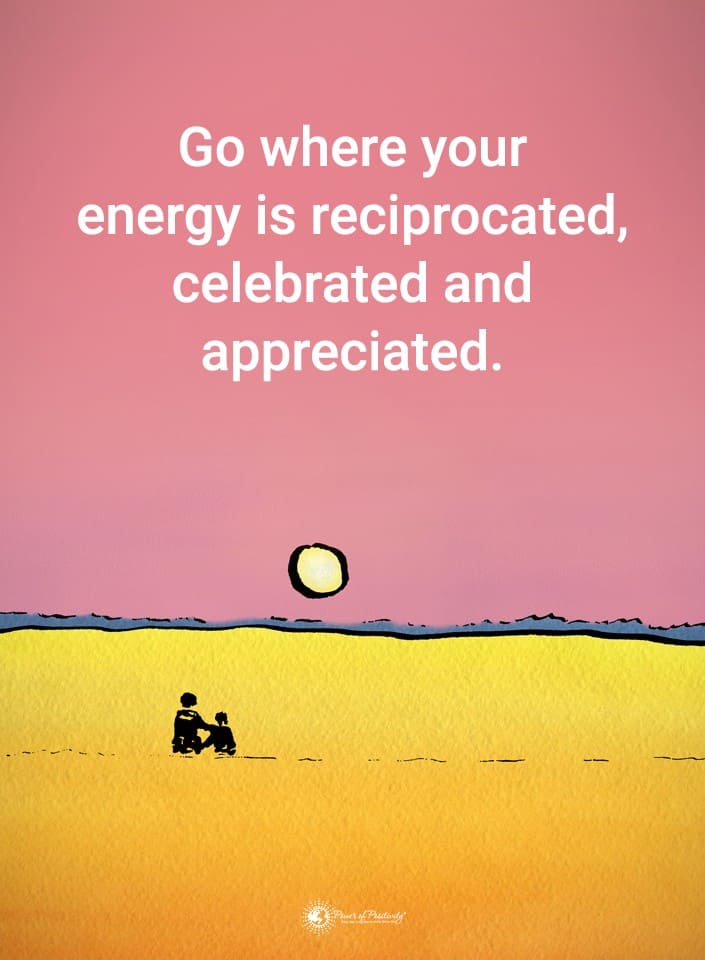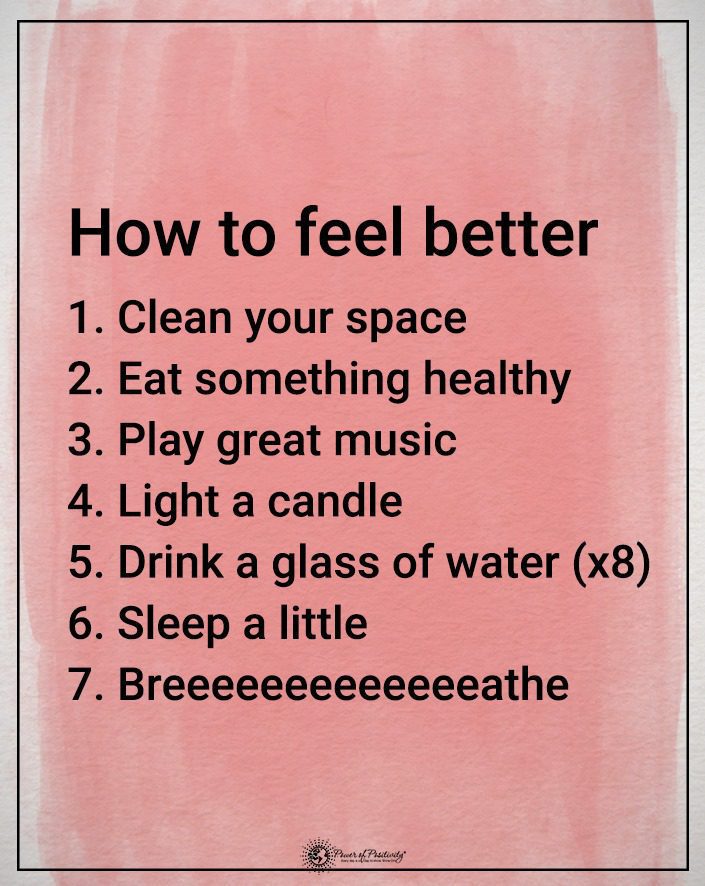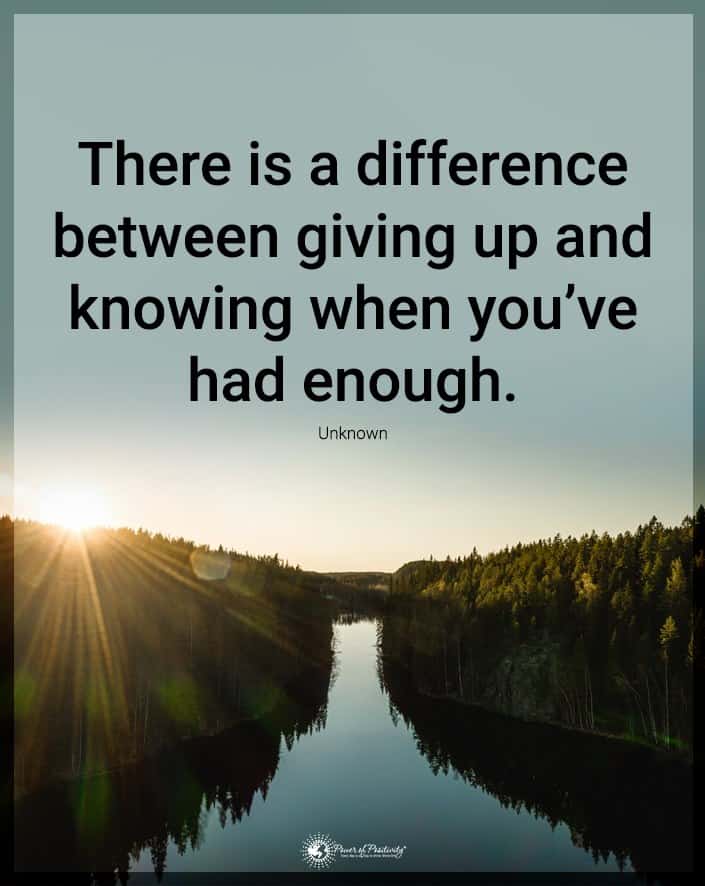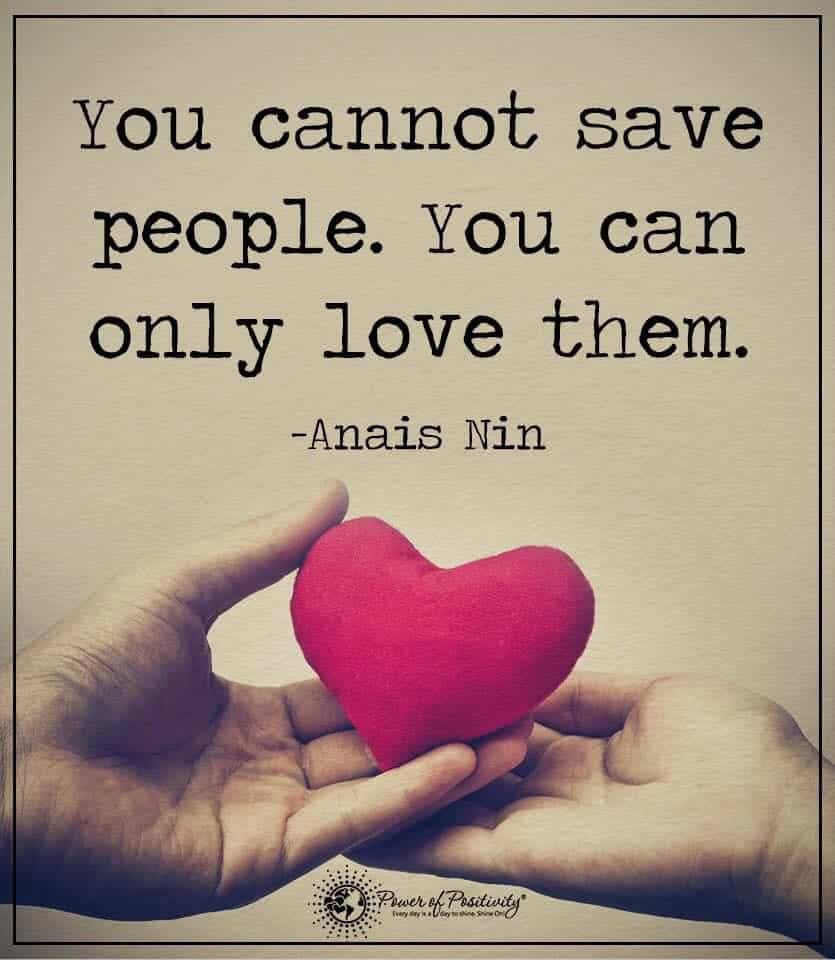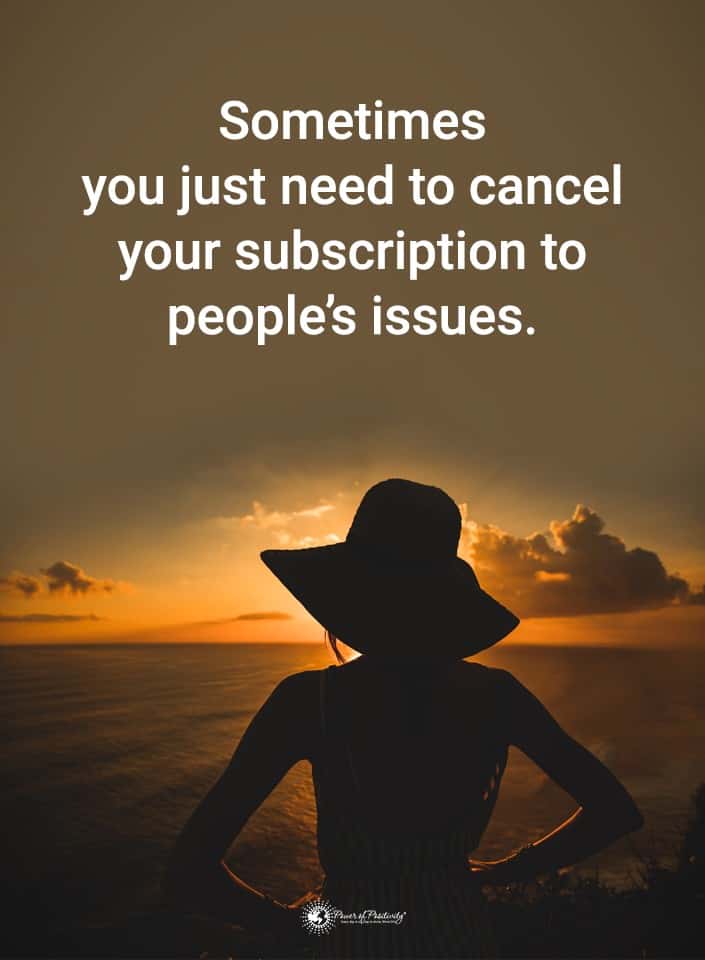It really is true that scientists have discovered a happiness equation, and they describe all of the factors that have been used to accurately predict whether or not you will be happy.
Happiness has been explained as achievable by focusing on having a positive attitude, expressing gratitude, being generous, and a number of other pieces including love and social support, but how can we use this information to find the right balance of happiness in our lives?
We will look at all of the pieces that make up the scientific happiness equation and how you can use this information to solve your own happiness.
How to Solve The Happiness Equation
The study, conducted by University College London and published in Nature Communications, says this new Happiness Equation shows us how our happiness depends not only on what happens to us but also how our situation compares to other people. Researchers feel confident about the formula because they showed that they could use it to predict levels of happiness in study participants based on these factors.
The Role of Trials in the Happiness Equation
In the Happiness Equation, our faulty memory plays an important part. Researchers call life events ‘trials’ and they say that more recent trials are weighted more heavily by the Happiness Equation that plays out in our brains. Past trials are more easily forgotten and so our bias is toward more recent events that are present in our memories.
There is no right or wrong to our faulty logic and the fact that we give more importance to recent events than past events, but knowing this can help us to pause to evaluate our prior experience with similar situations. If something pleasurable just happened, we tend to want more of it right away, rather than more of something that made us happy in the past.
Gambling on Happiness
In the Happiness Equation, as in life, we take chances where we don’t know what the payoff will be. For example, by choosing to going to college, we make an investment and hope that we will have a good-paying job as a result, but it is not a guarantee.
The researchers say that how part of the Happiness Equation is how we feel about the reward that we get based on the gamble or risk that we took to get it. If it was a big risk, with a big reward, we feel fantastic. If it was a small risk with a smaller reward, we feel less happy. Your expectation makes a difference in your resulting happiness.
The One Variable In the Happiness Equation
In our previous article ‘10 Ways To Increase The Dopamine In Your Brain,’ we talked about how this important brain chemical is key in your brain’s pleasure and reward center. If your brain is getting plenty of dopamine, your brain is happy too.
Some people are just naturally higher in the neurotransmitter dopamine than others, which is why this one variable is uncontrollable from person to person in research studies.
In the Happiness Equation, dopamine level is a variable associated in previous neurological research, and your own baseline level of this happiness neurotransmitter may be higher than another person’s. Dopamine controls your desire or ‘liking’ of something and also your willingness to pursue it or ‘wanting.’ Getting something you want equates to pleasure and lots of dopamine.
What Do Guilt and Envy Have To Do With the Happiness Equation?
In the Happiness Equation solution, the part you play in solving it depends on your natural level of social comparison. How often do you compare what you have to what others have?
Guilt is what we feel when there is an inequality of reward received compared to another person. In other words, you have more than someone else has, and the inequality makes you feel guilt.
Envy is what we feel when we are missing out on a reward that the other person received. In comparison to the other person, we have less and we are envious.
Expectations and Comparison in the Happiness Equation
Solving the Happiness Equation comes down to your expectations and comparisons to others. If you expect more than you get, you will be less happy. If you compare what you get to what others got, you will be less happy.
One key finding from this research shows that we are unhappy in any situation where our peers, or even people who we just met, are treated unequally, whether they get more or less than we do.
Comparison is something that we do as social creatures because we interact with others often. In another study of happiness, researchers say ‘Humans are intensely social, and data indicate that one of the most important factors for happiness is social relationships with other people. Social pleasures may still include vital sensory features such as visual faces, touch features of grooming and caress, as well as in humans more abstract and cognitive features of social reward and relationship evaluation.’ When we evaluate our relationship to others, we engage in comparison by asking if things are equitable between us.

